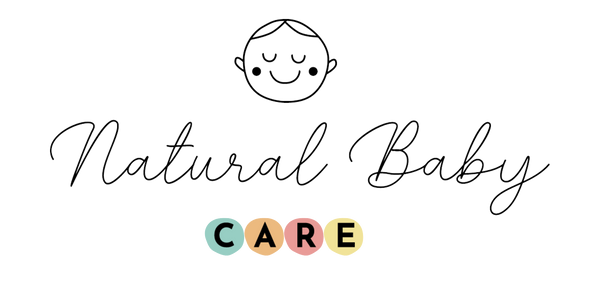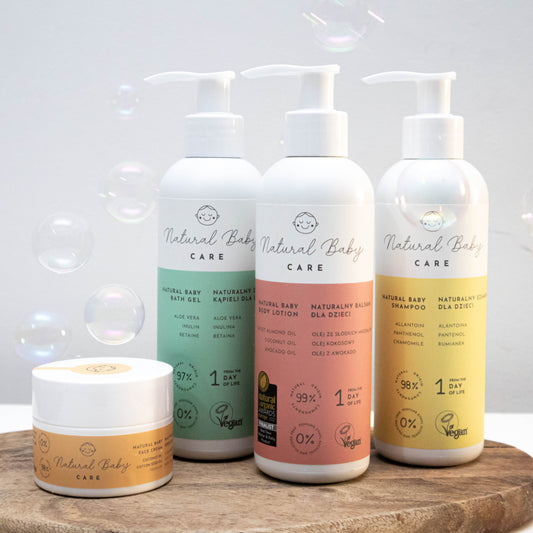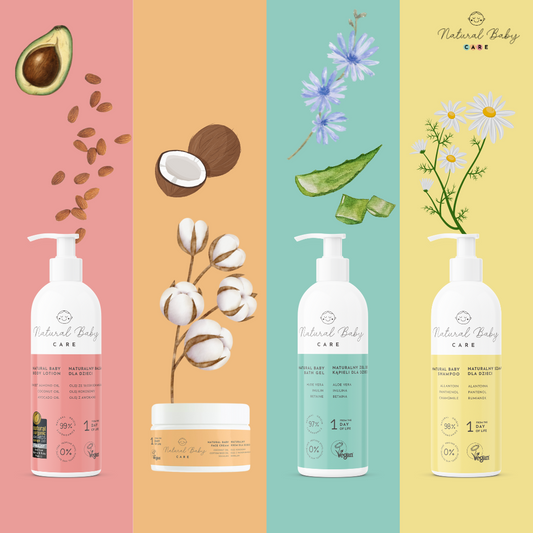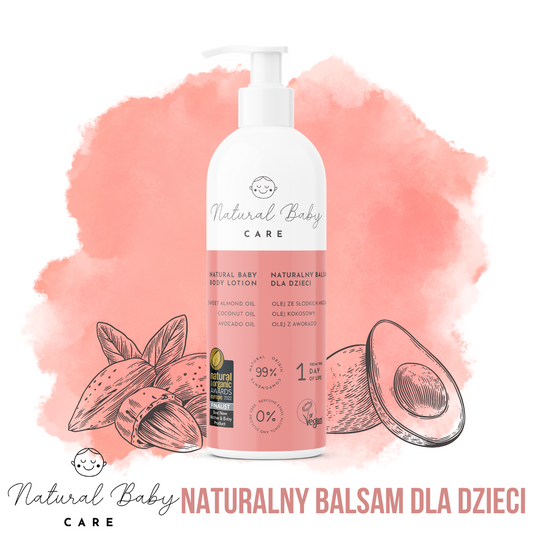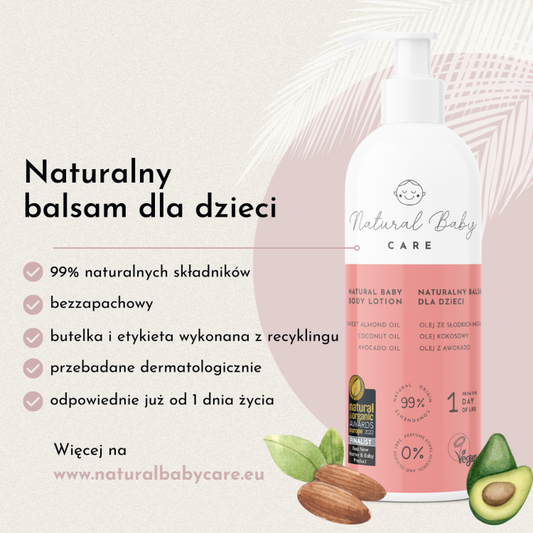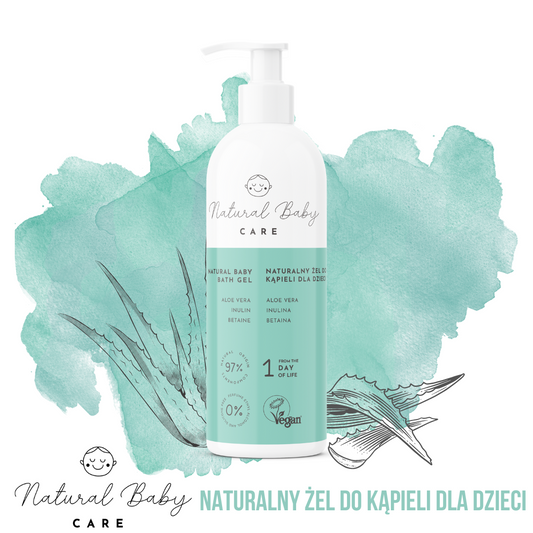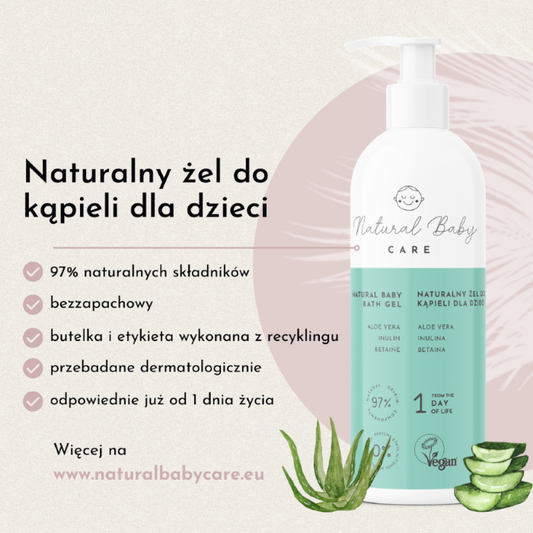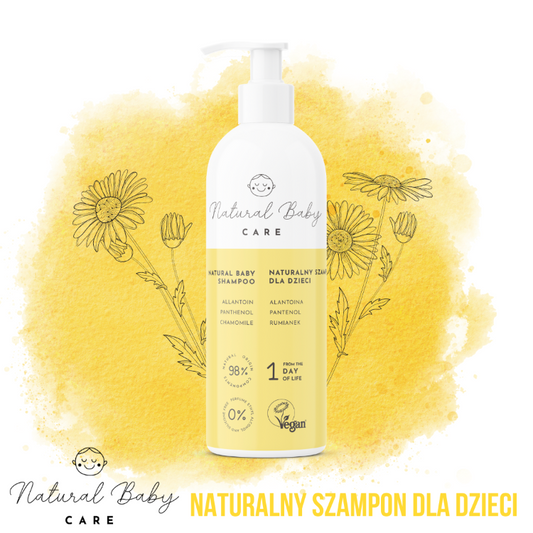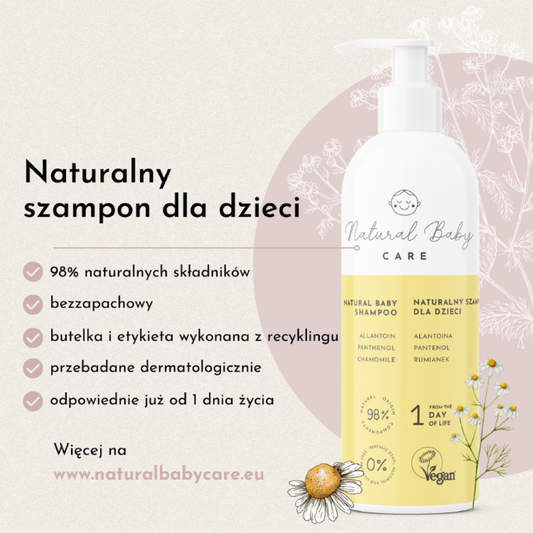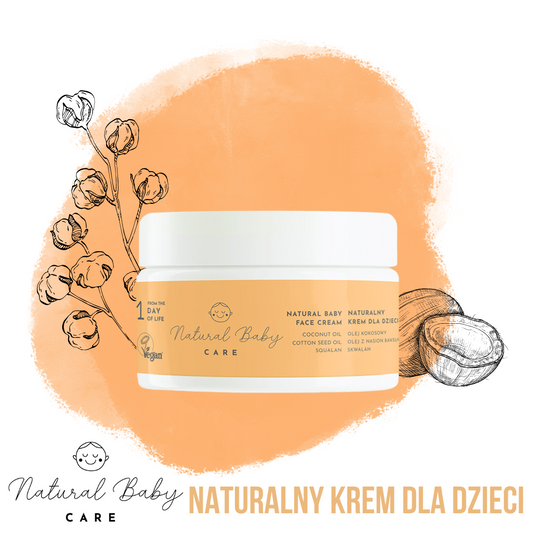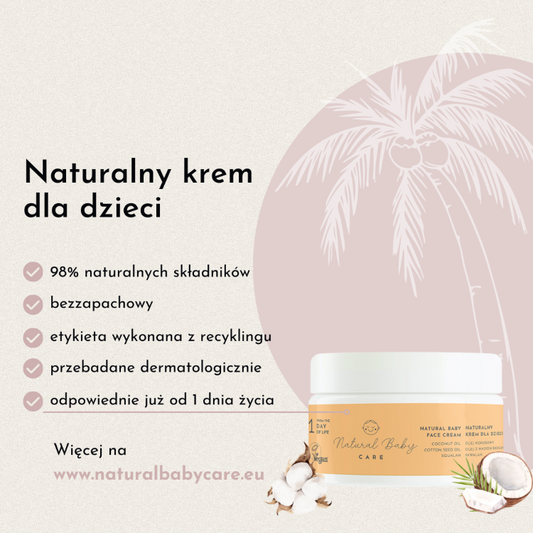Home > Knowledge Zone > Blog > How to protect your baby from infections?
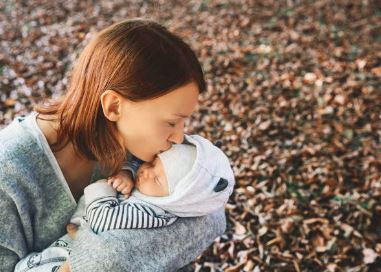
How to protect your baby from infections?
Author : Natural Baby Care Team
Publication date: August 20, 2025
Reading time: 5 minutes
Fall and the beginning of the flu season are particularly challenging for parents of infants. Toddlers have immature immune systems, and changing weather, contact with other children, and the start of daycare can make them more susceptible to catching their first colds. How can you naturally support your child's immunity and reduce the risk of infection during this challenging time?
Check out cosmetics for your baby's delicate skin
Regular outdoor exposure strengthens a baby's immune system. Cooler air supports the respiratory system and improves sleep. Appropriate clothing is important – layered, breathable, and appropriate for the temperature. However, avoid overheating, which weakens immunity.
Did you know that...?
Collapsible content
Jak zapobiegać przeziębieniom u niemowlaka jesienią?
Czy można wychodzić z niemowlęciem na dwór w chłodne dni?
Jak utrzymać odpowiednią wilgotność powietrza w mieszkaniu?
Czy niemowlę karmione mlekiem modyfikowanym częściej choruje?
Kiedy udać się do lekarza przy przeziębieniu niemowlaka?
Czy suplementy mogą wzmocnić odporność niemowlaka?
